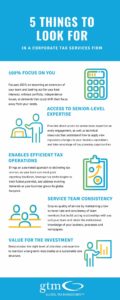Corporate tax professionals have seen a recent surge in the use of convertible debt instruments as a way to keep businesses — especially start-ups — on track with goals and objectives. This is likely due to continued low interest rates and market volatility.
Despite the favorable aspects of convertible debt, however, borrowers must be aware of rules that could limit the tax benefits of these instruments, as well as IRS scrutiny and potential challenges regarding interest deductibility and the characterization of debt vs. equity.
In their latest article for the Pennsylvania CPA Journal, Jim Swanick, Michael Tighe, and Meredith Thornton discuss these rules and challenges as they apply to convertible debt, and particularly the impact of IRS Sections 163 and 279.
Read the article here.



